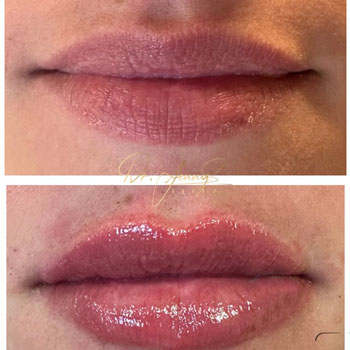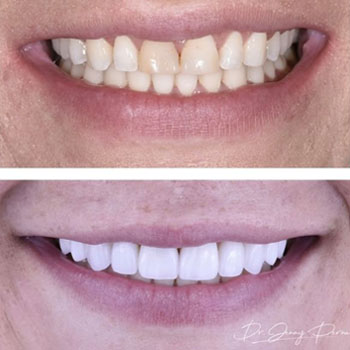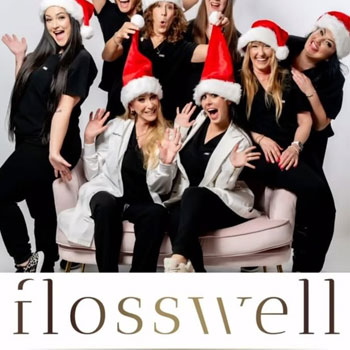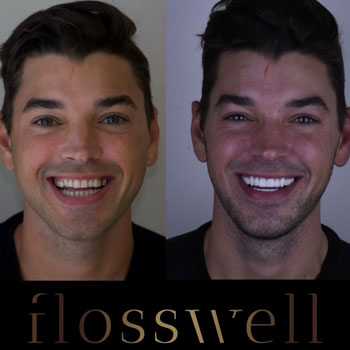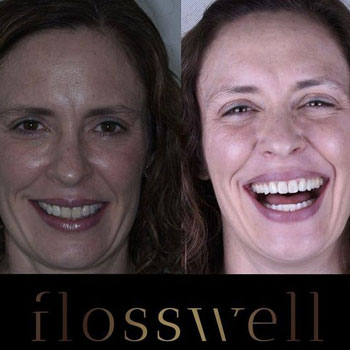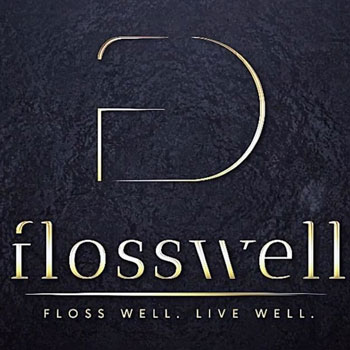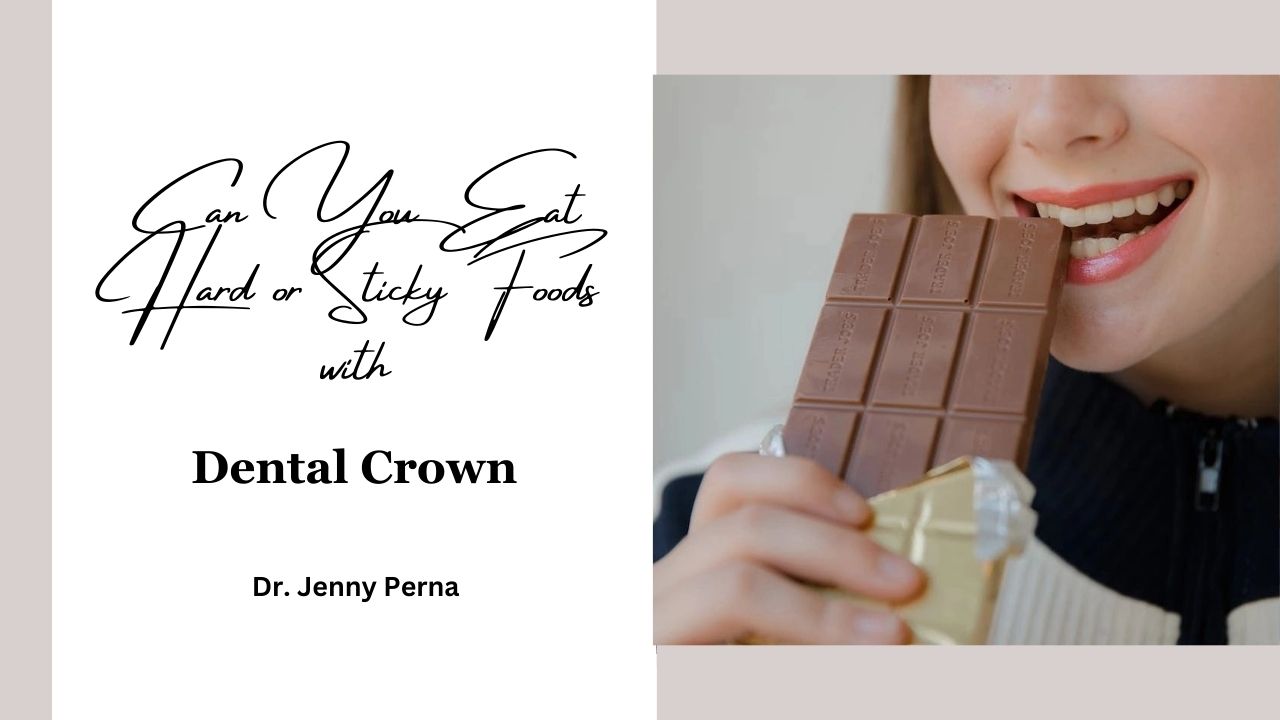
After receiving a dental crown, you naturally have concerns about what you can or cannot eat. You might be unsure if biting into something hard or sticky could damage your new crown. We do know how critical it is to take care of your dental work and be able to eat comfortably. Initially, eating with a crown may feel slightly different. But with proper care and knowledge, you can eat without stress.
If you are interested in knowing about your best-loved foods or seeking long-term advice, this guide is for you. Dental crowns in Jupiter are built to be durable, yet there must be some care.
What Happens After Getting a Crown?
When your dentist fits a crown, it encases and protects a broken or weak tooth. Crowns are usually made from strong materials like porcelain, metal, or ceramic. Once the crown is in place, your tooth is more protected, but that doesn’t make it invincible.
Your gums and other teeth still have time to get used to it, and some habits can influence the life of your crown. A dentist in Jupiter will give you guidelines for care, especially related to eating and daily use.
Can You Eat Normally with a Crown?
Yes, but not immediately. Initially, your dentist will instruct you to stay away from hard, sticky, or excessively hot or cold foods. This is due to the fact that your mouth is healing and the crown takes some time to settle.
When chewing, as your bite gets used to it, it may feel a bit unnatural initially. Most people can return to their normal diet within a few days, but some restrictions are recommended to protect the crown.
Dining with a Dental Crown: What to Expect
Eating with a dental crown can feel almost the same as eating with your natural tooth. However, it is important to chew carefully, especially during the first few weeks. Avoid putting too much pressure on the crowned tooth.
Try chewing on the opposite side of your mouth until the crown feels comfortable. Over time, your crown will start to feel natural during meals.
Can You Eat Sticky Foods with a Crown?
This is a common concern. Can you eat sticky foods with a crown? The response: it’s best not to. Sticky foods such as caramel, chewing gum, or gummy sweets can pull at the crown. Over time, this can loosen or even dislodge the crown.
Even if the crown is cemented well, sticky foods increase the risk of damage. Instead, choose softer snacks or sweets that don’t stick to your teeth.
Can You Chew Hard Foods with a Crown?
Can you chew hard foods with a crown? It depends. While crowns are strong, they can still crack under too much pressure.
Foods like ice, hard candy, nuts, or popcorn kernels should be eaten with caution. Chewing hard foods on the side opposite the crown helps reduce the risk. Ask your Jupiter dentist’s office for specific instructions based on the type of crown you received.
Foods to Avoid with Dental Crown
Several types of foods should be limited or avoided to keep your crown in good shape:
| Food Type | Examples | Reason to Avoid |
|---|---|---|
| Hard Foods | Ice, hard candy, nuts, popcorn | Can crack or chip the crown |
| Sticky Foods | Caramel, toffee, and gummy candies | Can loosen or pull off the crown |
| Very Hot or Cold | Ice cream, hot soup, iced drinks | May cause sensitivity |
| Crunchy Raw Veggies | Carrots, celery (unless cooked) | Too much pressure during early healing |
| Sugary Snacks | Candy, soda, and pastries | Can lead to decay around the crown |
Foods to avoid with dental crown are not limited to this list, but these are the most common types that cause issues.
Best Foods to Eat After Crown Placement
During the first few days after crown placement, stick to soft and easy-to-chew foods. Here are the best foods to eat after crown placement:
- Mashed potatoes
- Soup (not too hot)
- Yogurt
- Scrambled eggs
- Cooked vegetables
- Smoothies
- Applesauce
- Pasta or soft rice
These foods are gentle on your mouth and won’t stress the new crown.
Crown Care and Eating Habits
Your crown care and eating habits play a major role in how long your dental crown lasts.
- Avoid using your teeth as tools (e.g., opening bottles or tearing packages).
- Brush twice a day and floss carefully around the crown to keep the gums healthy.
- Use a mouthguard if you grind your teeth at night.
- Also, be mindful of your chewing habits.
- Try not to bite down too hard, even on regular foods.
Eating Restrictions After Dental Crown
Eating restrictions after dental crown placement are usually temporary. In the first 24–48 hours, avoid anything chewy, crunchy, or too hot/cold. Once the area has healed and you’re used to the crown, you can enjoy more variety.
However, long-term care includes avoiding harmful foods and habits. Regular checkups at your cosmetic dentistry office help ensure your crown remains in top condition.
How to Protect Your Dental Crown While Eating
Knowing how to protect your dental crown while eating can help you avoid problems. Here are a few tips:
- Cut your food into small pieces
- Chew on the side opposite the crown (at first)
- Avoid hard or sticky foods
- Don’t rush through meals; eat slowly
- Stay hydrated to support saliva production, which helps wash away food particles
Practicing these habits can prevent damage and extend the life of your crown.
Wrapping Up!
Protect your dental crown by making smart food choices and following your dentist’s advice. Eating should still be enjoyable with the right care.
Strong Smiles Start With Smart Habits
Book an appointment today with Flosswell Dental for expert guidance on crown care and oral health.



